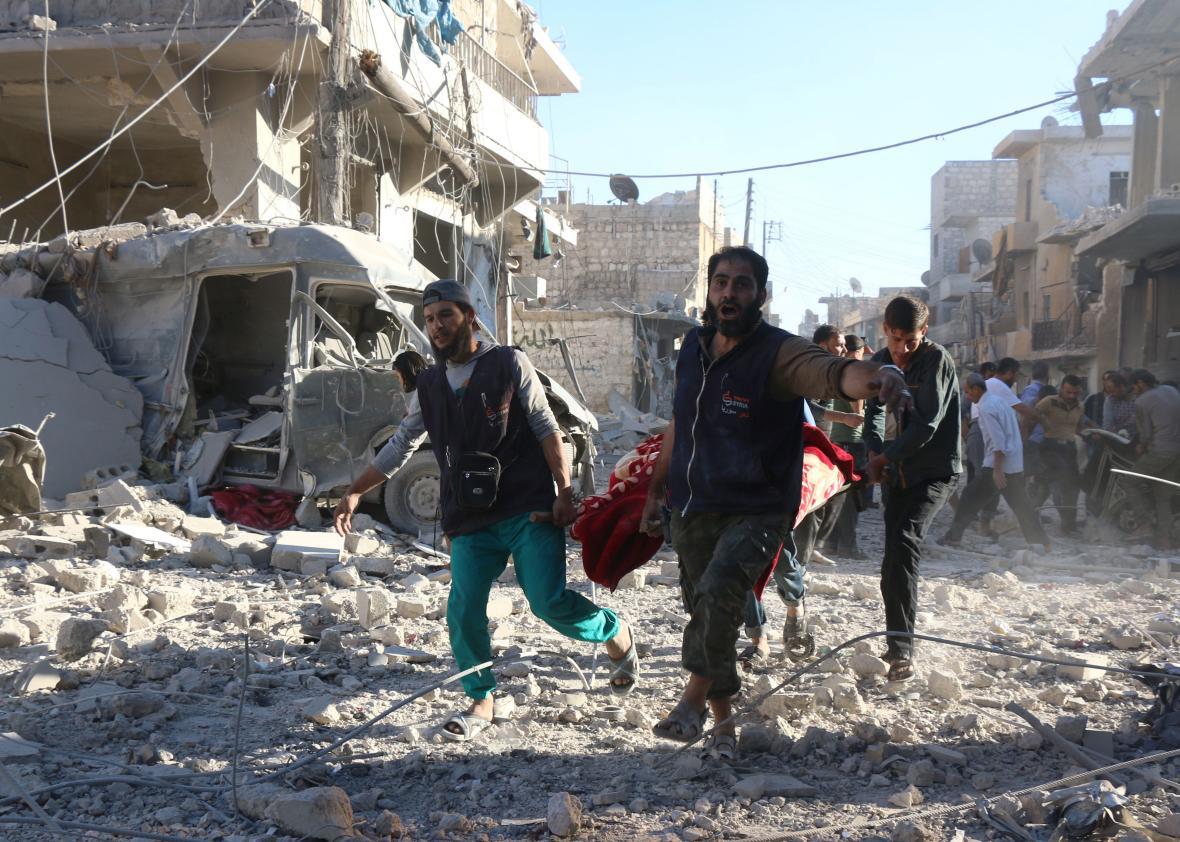Throughout the five-year Syrian Civil War, it has always seemed that just when you think things can’t get worse in Aleppo, they do. And so it’s happening again this weekend as the largest hospital in the rebel-held side of Aleppo was hit for the second time in four days as Russia intensified its air campaign in the besieged city. The M10 hospital was hit by at least two barrel bombs, two cluster bombs and one rocket, according to the spokesman for the Syrian American Medical Society.
Considering the second-largest hospital in the region is also out of service, there are now only three hospitals in the region that can treat bombing victims. And there’s bound to be a lot more of those in the near future considering Russia appears to be sending more warplanes to Syria as it intensifies its airstrikes, focusing on the major supply lines to rebel-held areas. Meanwhile, Syrian army forces are hitting Aleppo’s historic Old City. This latest offensive has killed at least 400 civilians this week alone, according to the United Nations.
While it continues to increase the frequency and intensity of its airstrikes, Russia warned the United States on Saturday against carrying out any attacks against Syrian government forces. If U.S. troops attack the Syrian army it “will lead to terrible, tectonic consequences not only on the territory of this country but also in the region on the whole,” a spokeswoman for Russia’s Foreign Ministry said.
For now, the White House has said it is sticking with diplomacy—not that it has many good options either. U.S. diplomatic engagement with Russia “is on life support, but it has not flat-lined yet,” a U.S. State Department spokesman said. “We want to make sure that we understand the stakes and that Russia understands the stakes, more importantly.”
